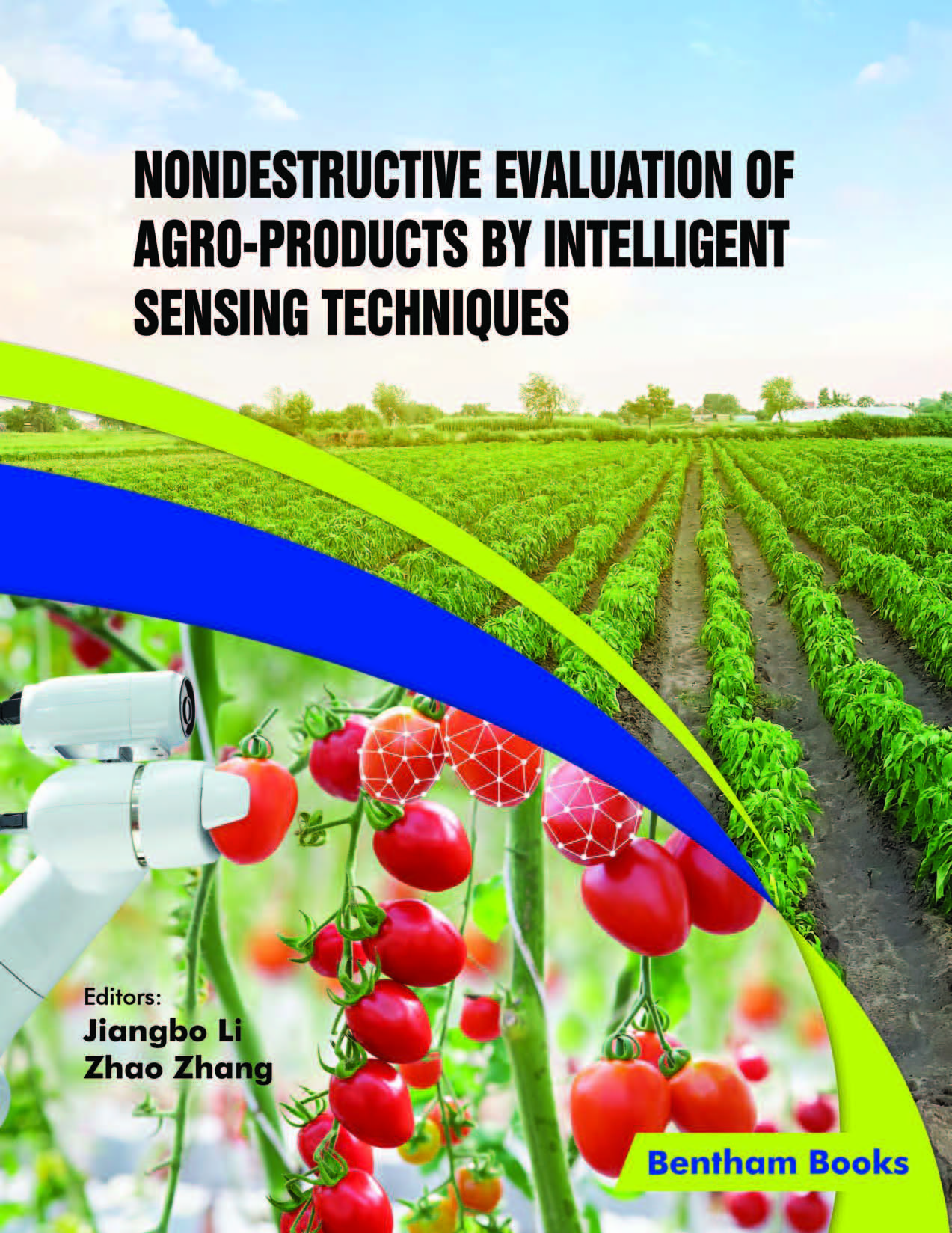Introduction
With rapid progress being made in both theory and practical applications, Artificial Intelligence (AI) is transforming every aspect of life and leading the world towards a sustainable future. AI technology is fundamentally and radically affecting agriculture with a move towards smart systems. The outcome of this transition is improved efficiency, reduced environmental pollution, and enhanced productivity of crops.
Nondestructive Evaluation of Agro-products by Intelligent Sensing Techniques is a reference which provides readers timely updates in the progress of intelligent sensing techniques used for nondestructive evaluation of agro-products. Chapters, each contributed by experts in food safety and technology, describe existing and innovative techniques that could be or have been applied to agro-products quality and safety evaluation, processing, harvest, traceability, and so on. The book includes 11 individual chapters, with each chapter focusing on a specific aspect of intelligent sensing techniques applied in agriculture. Specifically, the first chapter introduces the reader to representative techniques and methods for nondestructive evaluation. Subsequent chapters present detailed information about the processing and quality evaluation of agro-products (e.g., fruits, and vegetables), food grading, food tracing, and the use of robots for harvesting specialty crops.
Key Features:
- 11 chapters, contributed by experts that cover basic and applied research in agriculture
- introduces readers to nondestructive evaluation techniques
- covers food quality evaluation processes
- covers food grading and traceability systems
- covers frontier topics that represent future trends (robots and UAVs used in agriculture)
- familiarizes the readers with several intelligent sensing technologies used in the agricultural sector (including machine vision, near-infrared spectroscopy, hyperspectral/multispectral imaging, bio-sensing, multi-technology fusion detection)
- provides bibliographic references for further reading
- gives applied examples on both common and specialty crops
This reference is intended as a source of updated information for consultants, students and academicians involved in agriculture, crops science and food biotechnology. Professionals involved in food safety and security planning and policymaking will also benefit from the information presented by the authors.

